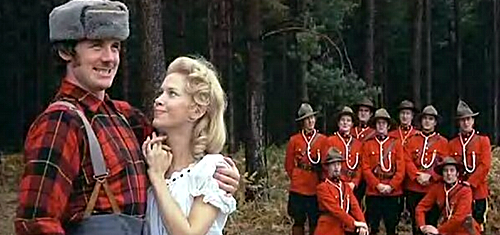 Gambling firms would do well to include more stereotypical examples of masculinity in their marketing, as researchers have concluded that men take greater financial risks after exposure to such material.
Gambling firms would do well to include more stereotypical examples of masculinity in their marketing, as researchers have concluded that men take greater financial risks after exposure to such material.
Francesco D’Acunto, a researcher at the University of California, Berkeley’s Haas School of Business, conducted a series of experiments designed to examine if risk-taking behavior can be manipulated by priming test subjects with examples of gender identity. D’Acunto’s research showed men were far more likely than women to take greater risks after exposure to such material.
D’Acunto ran a series of tests in which subjects were asked to play a lottery-style game with varying degrees of risk and reward. Male subjects were then asked to read blocks of text containing stereotypical examples of how a masculine person behaves, while female subjects read examples of stereotypical feminine behavior, and control subjects read text describing ayurvedic principles for a healthy lifestyle.
The subjects were then presented with another round of lottery games. The men who’d been primed with examples of manly men doing manly things were found to be more risk-tolerant in their lottery choices, while the effect on women was negligible.
A second experiment asked subjects to recall an example from their past in which they exerted control over other individuals, while a control group was asked to recall a period in which they felt relaxed. Those male subjects primed to think of themselves as powerful went on to make riskier choices in lottery games than they had made prior to being primed. Again, both the control group and female subjects failed to demonstrate the same level of overconfidence.
D’Acunto’s experiments also found that his male subjects became more optimistic about purely random outcomes, suggesting the action of being primed caused a distortion in the male subjects’ perception of rationality.
D’Acunto’s findings echo a recent Australian study that found men took greater financial risks after being exposed to visual imagery of Abercrombie & Fitch models. The theory was that men who lacked six-pack abs and bulging biceps were more likely to overcompensate in the financial arena (the other primary method of attracting the opposite sex).
It’s becoming more and more apparent that the use of female imagery in gambling marketing is misguided, as men seem to be far more preoccupied with comparing penile girth than ogling boobies. Those inescapable daily fantasy sports commercials featuring average joes bragging about their winnings would presumably be better off if those same winners were shown mocking their less fortunate tournament competition.






